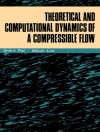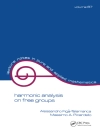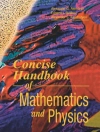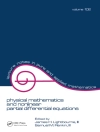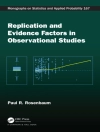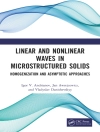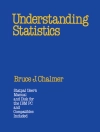The introduction of control theory in quantum mechanics has created a rich, new interdisciplinary scientific field, which is producing novel insight into important theoretical questions at the heart of quantum physics. Exploring this emerging subject, Introduction to Quantum Control and Dynamics presents the mathematical concepts and fundamental physics behind the analysis and control of quantum dynamics, emphasizing the application of Lie algebra and Lie group theory.
To advantage students, instructors and practitioners, and since the field is highly interdisciplinary, this book presents an introduction with all the basic notions in the same place. The field has seen a large development in parallel with the neighboring fields of quantum information, computation and communication. The author has maintained an introductory level to encourage course use.
After introducing the basics of quantum mechanics, the book derives a class of models for quantum control systems from fundamental physics. It examines the controllability and observability of quantum systems and the related problem of quantum state determination and measurement. The author also uses Lie group decompositions as tools to analyze dynamics and to design control algorithms. In addition, he describes various other control methods and discusses topics in quantum information theory that include entanglement and entanglement dynamics.
Changes to the New Edition:
- New Chapter 4: Uncontrollable Systems and Dynamical Decomposition
- New section on quantum control landscapes
- A brief discussion of the experiments that earned the 2012 Nobel Prize in Physics
- Corrections and revised concepts are made to improve accuracy
Armed with the basics of quantum control and dynamics, readers will invariably use this interdisciplinary knowledge in their mathematics, physics and engineering work.


